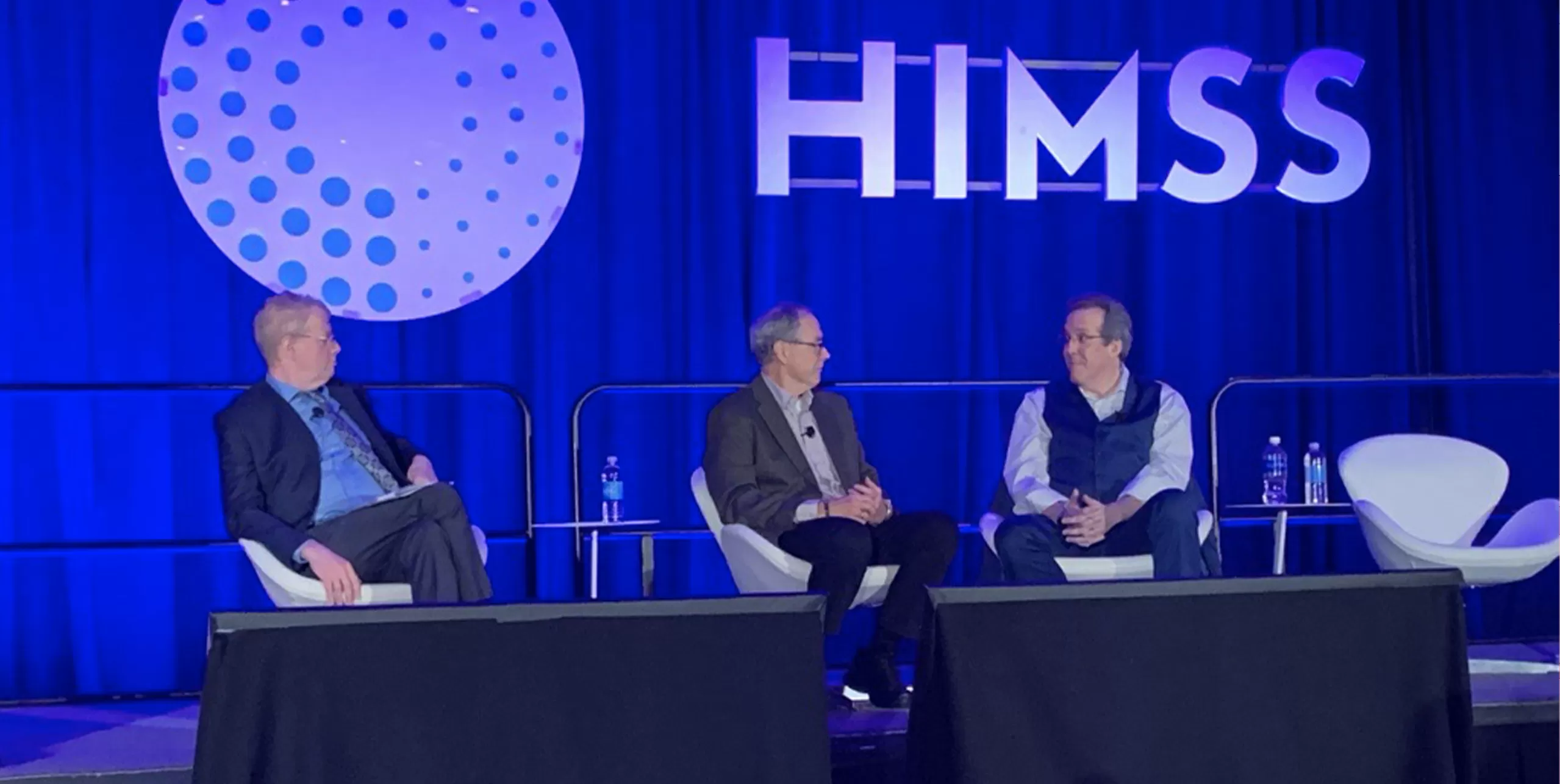Regulatory controls are an important tool in the fight against cyber threats in the healthcare industry. They provide a framework for organizations to follow, ensuring they are meeting minimum requirements for data protection and security. However, reliance on these controls alone can create a false sense of security, leaving organizations vulnerable to cyber adversaries. This was the key message delivered by panelists at the HIMSS24 Healthcare Cybersecurity Forum held in Las Vegas.
The forum, which gathered healthcare professionals, technology experts, and government officials, highlighted the urgent need for the industry to take a proactive approach to cybersecurity. With the rise of cyber attacks in the healthcare sector, it’s no longer a matter of “if” but “when” an organization will face a data breach. This is why relying solely on regulatory controls is not enough.
During the forum, panelists emphasized the need for organizations to go beyond compliance and take a holistic approach to cybersecurity. This means not only meeting minimum requirements but also continually assessing and improving their security posture. “Compliance is the minimum. We need to move beyond that and become proactive,” said one panelist.
The healthcare industry is a prime target for cybercriminals due to the sensitive and valuable data it holds. From personal health information to financial data, healthcare organizations are a treasure trove for cyber attackers. And with the increasing use of technology in the industry, the risk of a cyberattack is only growing. This is why it’s crucial for organizations to stay one step ahead of cyber adversaries.
The panelists stressed the importance of understanding the evolving threat landscape and being prepared for potential attacks. This includes conducting regular risk assessments, investing in robust cybersecurity tools and protocols, and having a detailed incident response plan in place. “We can’t just rely on regulatory controls to protect our data. We need to be proactive and have a layered approach to security,” urged another panelist.
One of the main challenges in the healthcare industry is the sheer volume of data that organizations need to protect. With the increasing use of electronic health records and the adoption of new technologies, the amount of data being generated is staggering. This presents a unique challenge for healthcare organizations to effectively secure and manage their data. However, it also highlights the need for a proactive and comprehensive cybersecurity strategy.
The panelists also stressed the importance of collaboration and information-sharing in the fight against cyber threats. With cybercriminals constantly evolving their tactics, it’s essential for organizations to stay updated and share their experiences and best practices. This not only helps in mitigating current threats but also prepares organizations for future attacks. “We are all in this together, and by sharing our knowledge, we can stay one step ahead of cybercriminals,” emphasized a panelist.
In addition to collaboration, panelists also highlighted the significance of investing in employee education and training. Often, employees are the weakest link in an organization’s cybersecurity defenses. By educating them on best practices and potential risks, organizations can significantly reduce the chances of a successful cyber attack. “Employees are the first line of defense. They need to be aware of their role in protecting the organization’s data,” said a panelist.
The forum also shed light on the importance of regularly testing and updating cybersecurity protocols. With cyber threats constantly evolving, it’s crucial for organizations to conduct regular tests and simulations to identify vulnerabilities and address them promptly. This not only helps in strengthening an organization’s security posture but also ensures compliance with regulatory controls.
In conclusion, the panelists at the HIMSS24 Healthcare Cybersecurity Forum emphasized the need for organizations to go beyond regulatory controls and take a proactive approach to cybersecurity. With the ever-increasing threat of cyber attacks, it’s crucial for the healthcare industry to stay updated, collaborate, and invest in robust security measures. By taking a holistic approach to cybersecurity, organizations can effectively protect their valuable data and stay ahead of cyber adversaries. Let’s work together to secure the future of healthcare.


